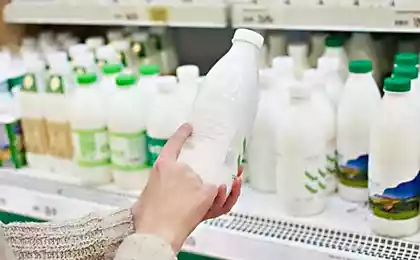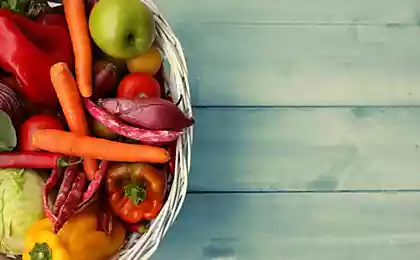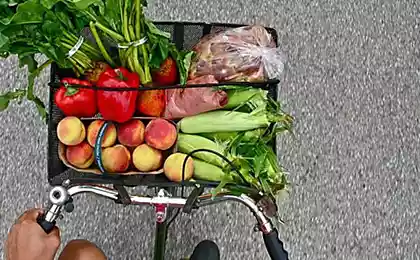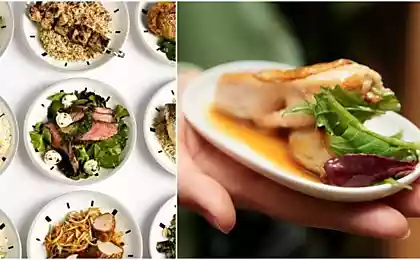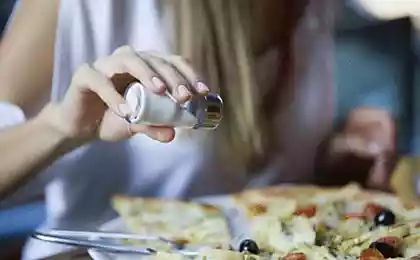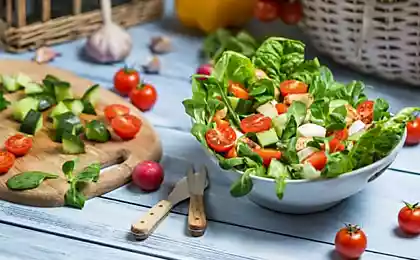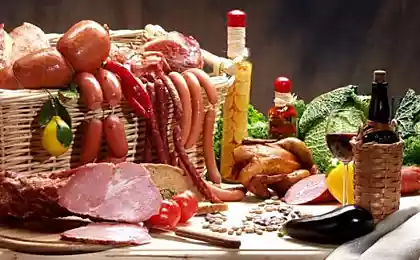137
What foods should not be eaten every day
Always be careful. food, sold in the store. Because they can contain various nutritional supplements, not always safe for health.
Food additives are included in the most common products that make up the usual human diet. There is a list of banned supplements, but each country forms it independently.
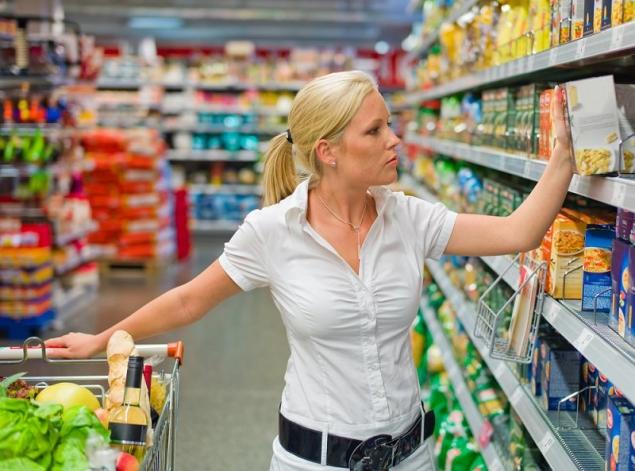
DepositPhotos
Food composition
Determination of product composition It can be difficult due to the lack of labels on goods without packaging, which are sold by weight. What do we do? We recommend buying products in specialized stores or on the market from trusted sellers.
Read more about the quality of food in our articles. Follow the links.
Food additives are included in the most common products that make up the usual human diet. There is a list of banned supplements, but each country forms it independently.

DepositPhotos
Food composition
- Grain bars
We consume them. In Denmark, for example, they are banned. They believe that everything good is useful in moderation. Bars usually supply horse doses of sports supplements that ordinary people will not benefit in such quantities, and even with regular use.
DepositPhotos - Meat.
We are talking about mass-produced meat: pork, cattle meat, turkey. It often contains ractopamine, a hormone that is given to animals to gain weight quickly. Meat products containing this component are banned in more than 150 countries.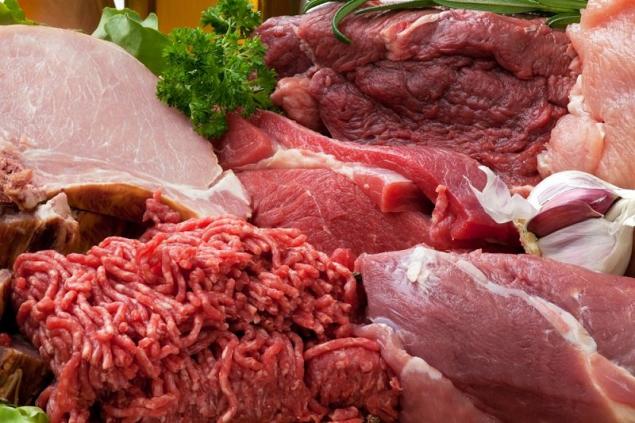
DepositPhotos - Apples
When testing apples in the U.S., 80% of products found diphenylamine (DPA). This substance is used to increase the duration of storage. By allowing manufacturers to suffer fewer losses, it negatively affects human health.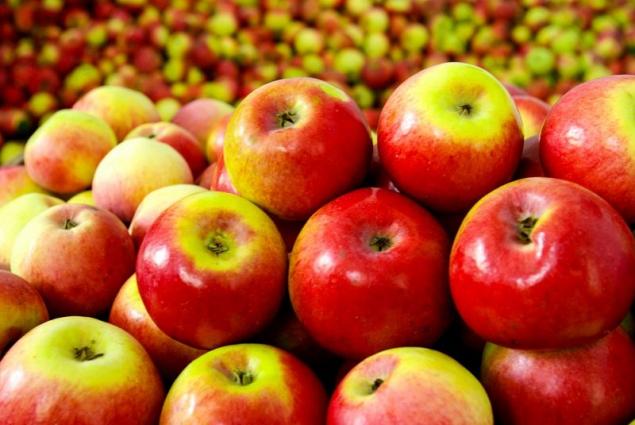
DepositPhotos - Instant mashed potatoes
To preserve this puree allows butylhydroxyanisole (VHA, E320). The National Institutes of Health called it an unsafe carcinogen and banned it. They also came to Japan and some European countries.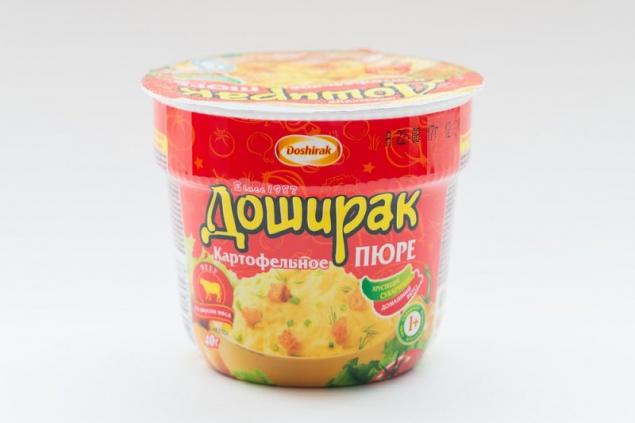
DepositPhotos - Fruit jelly
The European Commission declared it unsafe after it found konjaca, a fiber that swells when it comes in contact with moisture. Jelly sold in small plastic forms is now banned in Europe, the US and Australia.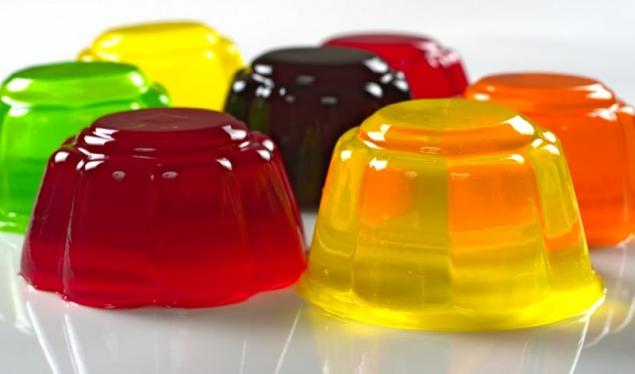
DepositPhotos - Bread.
Some manufacturers add azodicarbonamide (ADA, E927) to it - an additive that makes it white and allows it not to stale for a long time. This supplement is banned in Australia and Europe.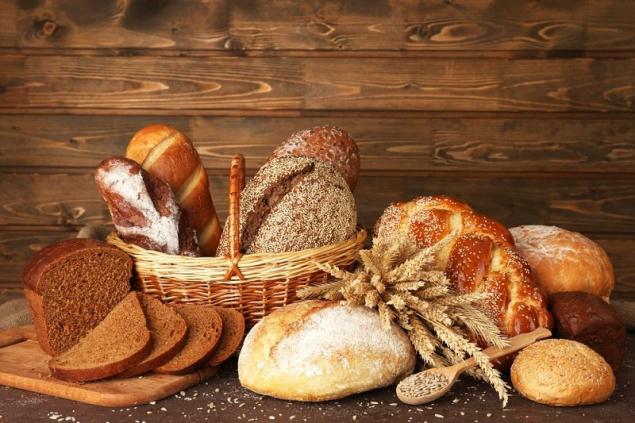
DepositPhotos - margarine
Trans fats themselves are dangerous, and even more so in such a high concentration as in margarine: 15% by weight. Therefore, they are banned in Switzerland, Denmark and Canada, and products containing them in large quantities are also prohibited.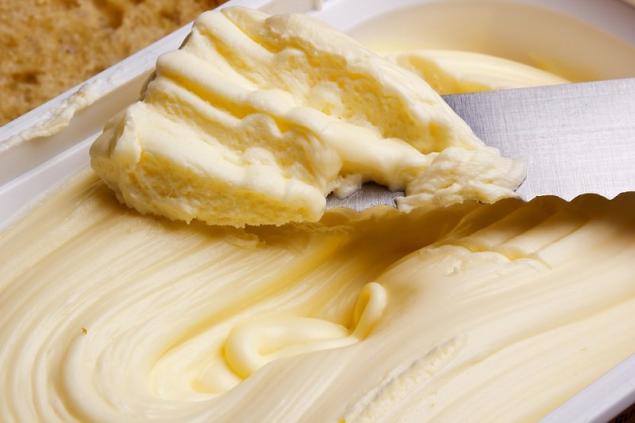
DepositPhotos - Chips
Olester (Olean) is banned in Europe and Canada. Many manufacturers add it to chips as a synthetic fat substitute. Crackers and crackers can also contain this substance.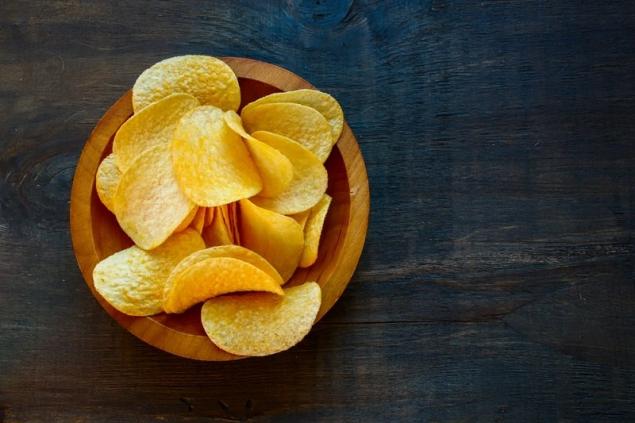
DepositPhotos - soy sauce
In itself, it would not be harmful if the product from which it is made was grown in an environmentally friendly way. 82% of the world’s soybeans are GMO. Genetically modified products and their derivatives are already banned in Russia and Europe. Also, the composition of soy sauce should be checked for the presence of ethyl carbamate - an unsafe carcinogen.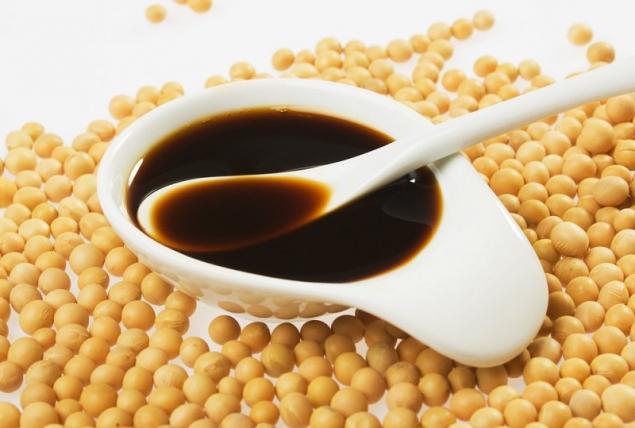
DepositPhotos - Chicken meat
Until 1997, chlorine-treated chicken was sold in Europe and the UK. Chlorine ruled out the possibility of contamination of meat with salmonella and other bacteria. After the ban on chlorine, manufacturers began to look for other ways to disinfect. In Russia, chlorine treatment was banned only in 2010.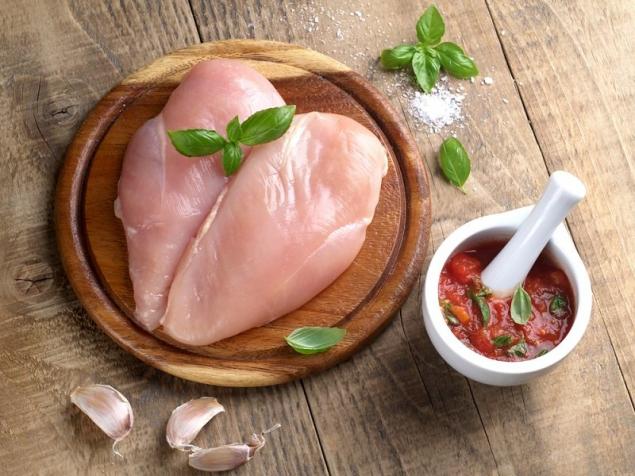
DepositPhotos
Determination of product composition It can be difficult due to the lack of labels on goods without packaging, which are sold by weight. What do we do? We recommend buying products in specialized stores or on the market from trusted sellers.
Read more about the quality of food in our articles. Follow the links.
















